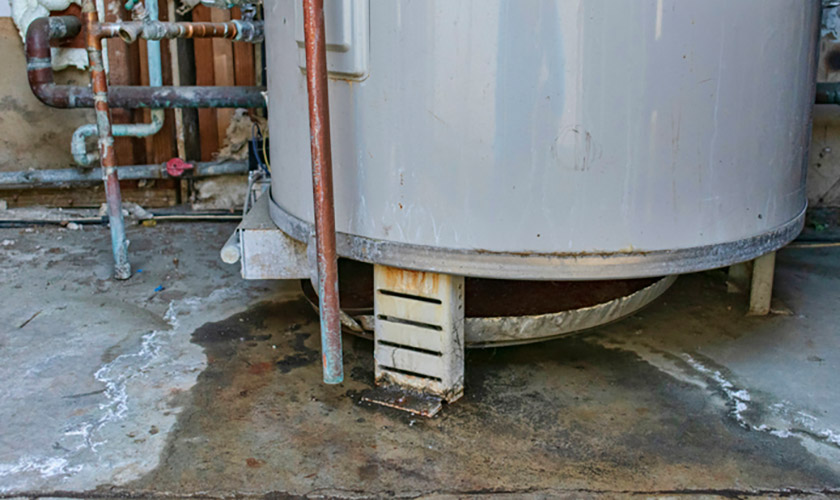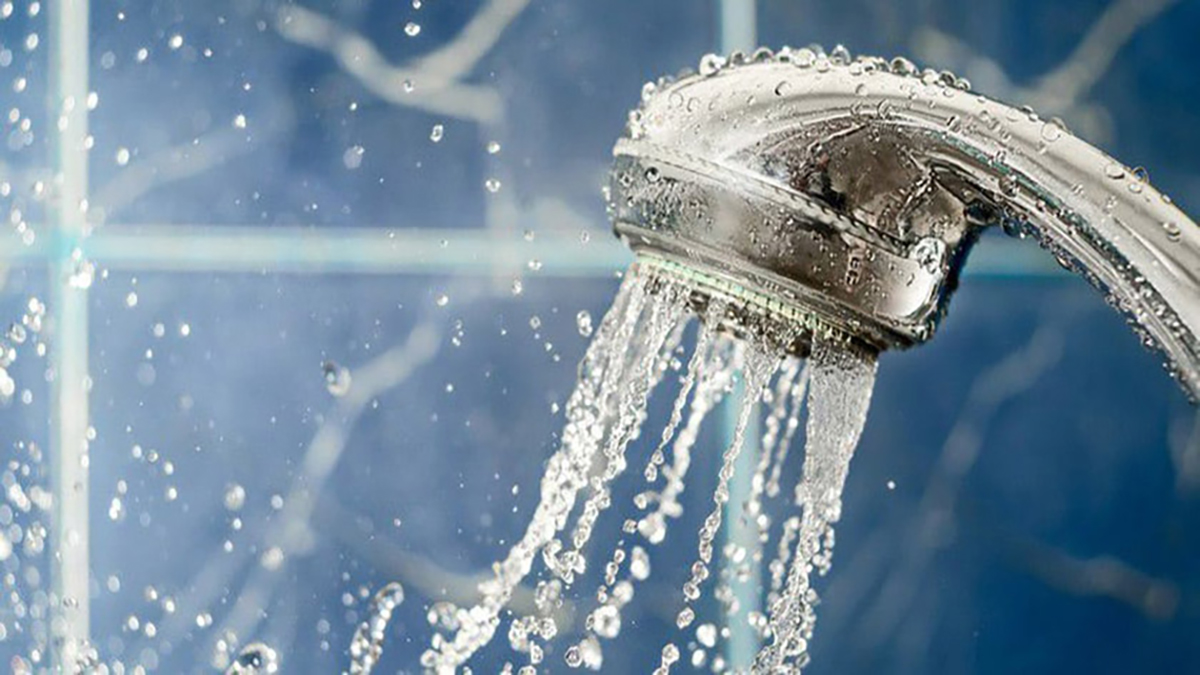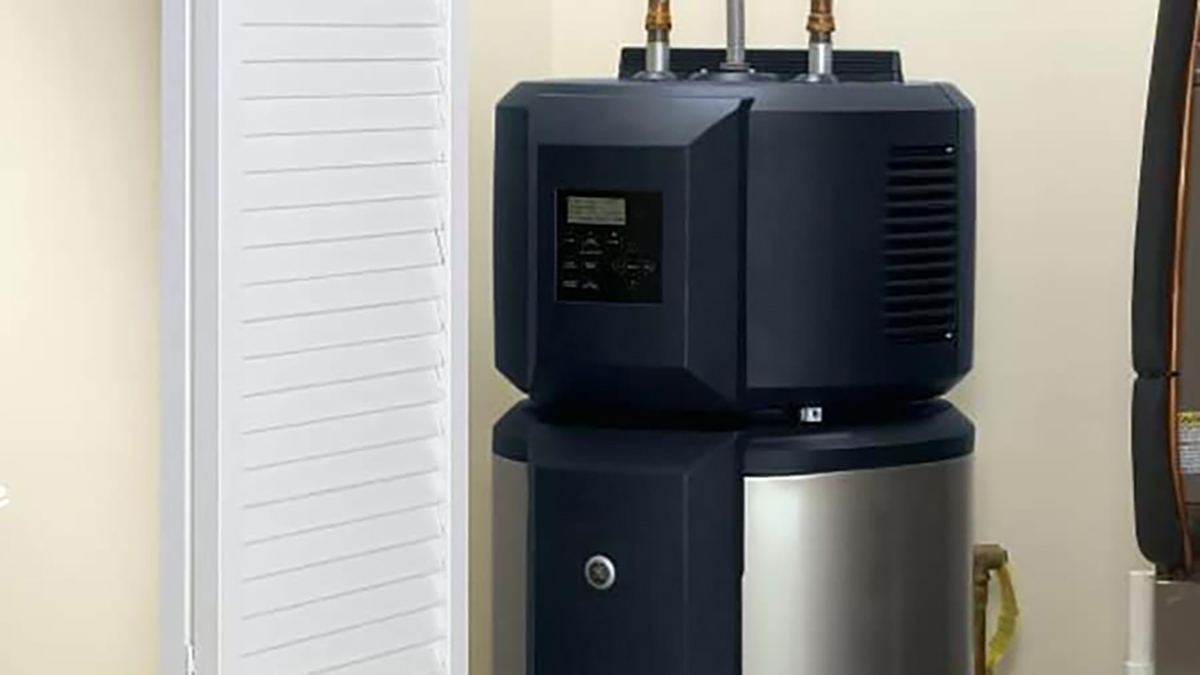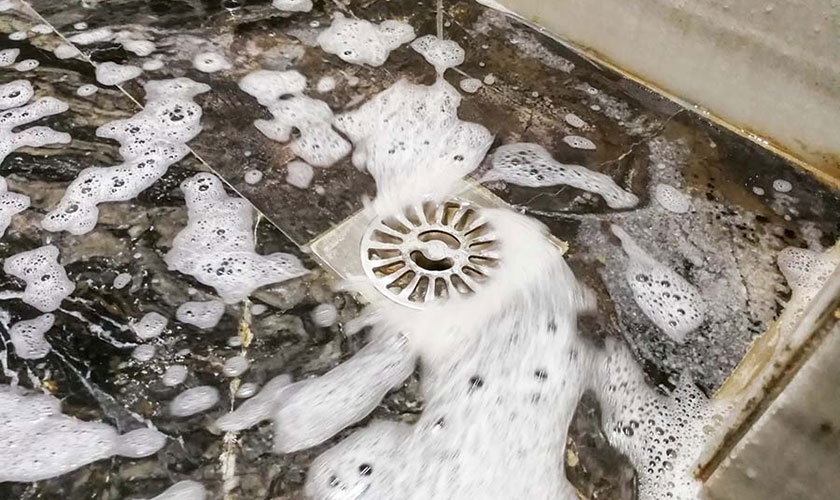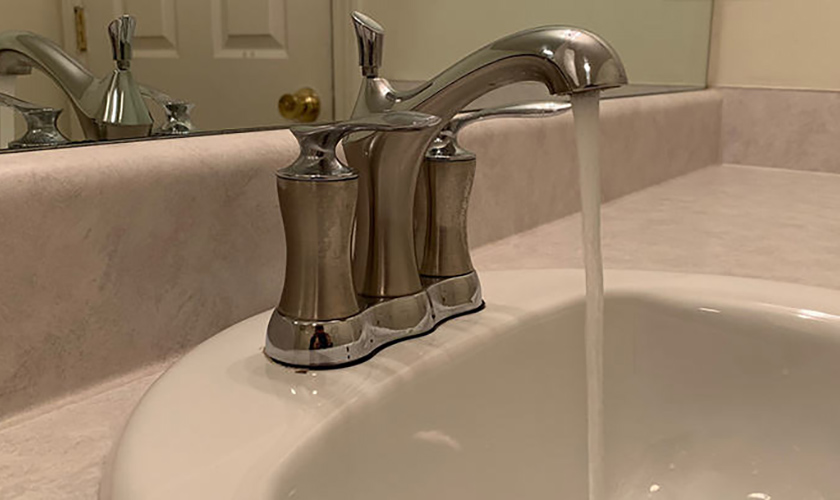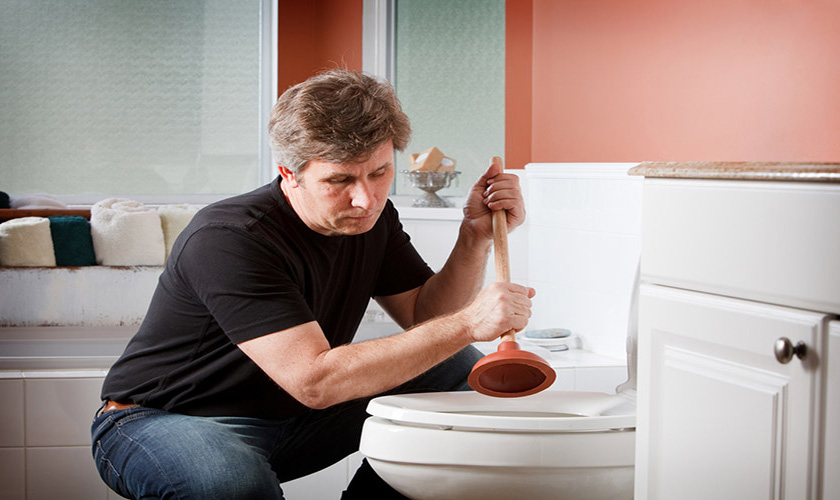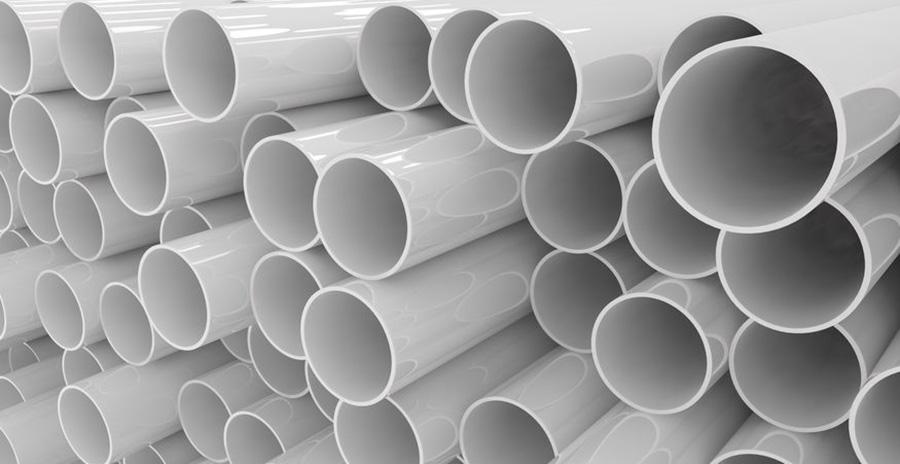
I’ve been looking at replacing my plumbing and noticed that most of the piping is PVC. So, I was wondering how long PVC pipes last and if it needs to be replaced. So, I asked around different plumbers, and here’s what I found:
As a general rule, PVC pipes will last about 50 years. PVC is a fairly rigid plastic piping that comes in a variety of sizes and is commonly used for waste piping or cold water main water supply piping. Factors that influence how long PVC pipes will last include:
- PVC pipes can fail prematurely if not installed correctly.
- PVC pipes can fail if not properly insulated in cold weather.
- PVC pipes can become brittle and fail with age.
But, PVC is an excellent option for the plumbing in your home. There is a bit of contention around exactly which is the best, so below, I will explain whether PVC pipes get worse in the sun, if they get worse as they age, whether they need to be replaced, and a whole lot more…
What’s the Life Expectancy of PVC Pipe?
Overall, the life expectancy of PVC pipe is 50 to 100 years, according to the Plastics Industry Pipe Association of Australia Ltd.
PVC and PEX are relatively recent additions to plumbing. For the past 100 years, copper pipes have been the most trusted and used type of plumbing, and in my opinion, shiny copper pipes look the best. However, PVC and PEX share a range of advantages with copper.
Copper pipes are considerably more expensive than PVC or PEX pipes. They are also more costly to install. The reason is that copper pipes are rigid. Therefore, they are challenging to maneuver. PEX, on the other hand, is bendy and therefore is much easier to work with.
In some regions, PEX is favored over PVC and copper. However, the major drawback of PEX and PVC is they do not last as long as copper pipes. They can fail in half the time that copper pipes on average.
Additionally, PVC can only be used for cold water plumbing. Therefore, a secondary type of piping such as PEX or copper is used for hot water plumbing. Interestingly, though the cost of materials to install PEX and the decreased labor cost make it a far cheaper option than copper.
Does PVC Pipe Go Bad?
PVC pipes do not “go bad”, even if installed outside the house. Therefore, it can be used for many purposes both inside and outside your home.
I was also curious about whether sunlight is bad for PVC piping, and here’s what research suggests…
Overall, PVC pipes do not deteriorate in sunlight. However, another prevalent type of plastic pipe used in plumbing systems is PEX, and PEX does deteriorate in sunlight. Another advantage of PVC pipes is that they can be used on the outer part of the house and in the interior.
But, it’s important to note that PVC pipes can not be used for hot water lines. In certain towns and cities, PVC piping is visible with its white color outside of houses where it’s used to transport water from the roof to the drain at ground level or a secondary water tank.
Does PVC Become Brittle With Age?
PVC does get more brittle as it ages. However, PVC performs well outdoors, and the PVC industry has shown that the sun does not affect the strength of PVC. However, the life expectancy of PVC is 50 to 100 years on average.
Therefore, you should not expect to repair or replace it before then. In rare cases, if the plumbers did not install it correctly, it will fail prematurely. For example, PVC pipes need to be fastened to the wall in a particular way.
That way, when the water flows through them, the movement doesn’t cause excess wear on the fasteners that the PVC pipe is attached to. If they are installed incorrectly, the fasteners can loosen, and the pipe can fall.
How Often Does PVC Need To Be Replaced?
As a whole, PVC pipes need to be replaced once every 50 to 100 years. Typically a plumber will remove the existing PVC pipes and install new ones when they start to fail. PVC pipes can show warning signs that they need replacing. However, generally, it’s easiest to determine their age.
Most plumbers think that when you get a leak in your plumbing, it’s a good indication that you will get additional leaks and that it’s a good idea to replace the plumbing.
Initial leaks can be repaired inexpensively, and it’s a good idea to monitor how it goes. If you are interested in getting a home with existing PVC pipes, you can roughly estimate how long they’ll last if you have information about when they were installed.
If they were installed in 2001, then on average, they will last until 2051 but can last until the year 2101. Talk about futuristic!
Other than that, you can recognize leaks if you notice the water pressure is lower, or you can also visually inspect the plumbing where it’s visible. For example, if you hear a leaking sound in the walls, it may also indicate that pipes need to be replaced.


